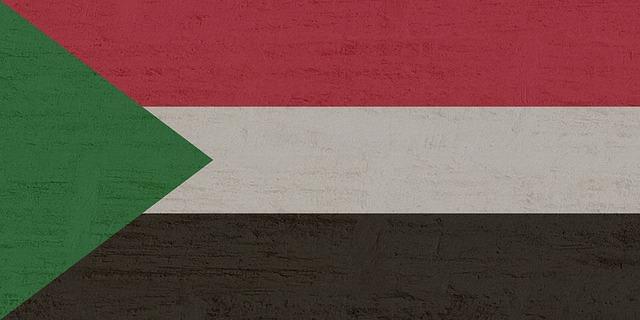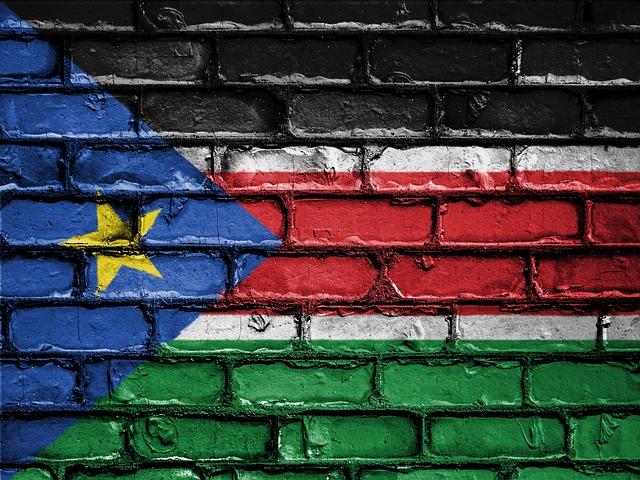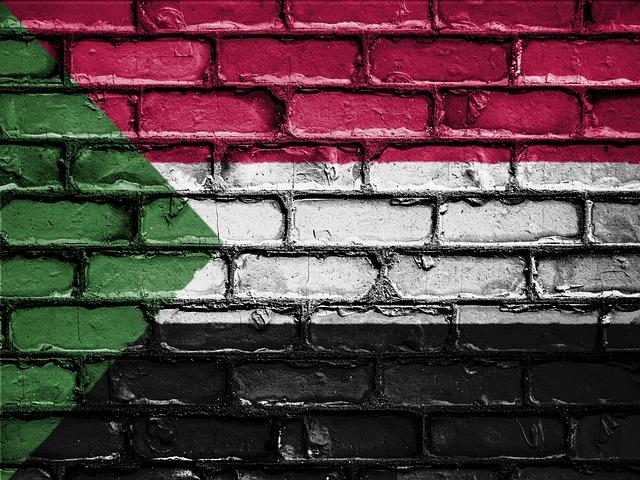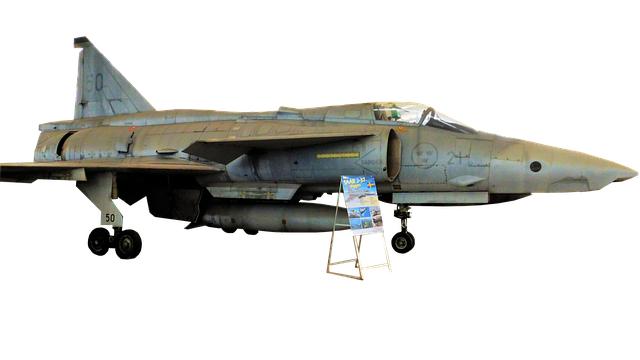In a dramatic escalation of political tensions in South Sudan, the recent arrest of Vice President Riek Machar has ignited concerns of a potential resurgence of civil war in a nation still grappling with the scars of previous conflicts. Detained under circumstances shrouded in ambiguity and described by officials as being on ‚Äúunclear charges,‚ÄĚ Machar’s arrest has sparked fears among both citizens and international observers regarding the stability of the fragile peace that has held since the signing of a power-sharing agreement in 2018. As the country navigates this precarious moment, the implications of Machar‚Äôs detention extend far beyond the political sphere, raising alarms about a possible unraveling of the hard-won gains in governance and social cohesion. This article delves into the context and consequences of this pivotal event, exploring its potential to reignite long-standing divisions and unrest in one of the world‚Äôs youngest nations.
Arrest of South Sudan Vice President Escalates Political Tensions

The recent arrest of a high-ranking government official in South Sudan has sparked significant unrest and raised alarms about the stability of the nation. The Vice President’s detention occurred under ambiguous circumstances,with the government offering little clarity regarding the reasons behind this drastic action. Critics argue that this move could be a strategic maneuver aimed at consolidating power and stifling dissent within the political landscape, which has been fraught with tension following years of conflict. Observers fear that the implications of this incident could lead to a resurgence of violence, reminiscent of the civil war that plagued the country over a decade ago.
In the wake of the Vice President’s arrest, various factions within South Sudan are reacting strongly, warning of potential repercussions that could destabilize the already fragile peace. Key stakeholders have outlined several concerns, including:
- Increased political repression: there’s worry that this event may justify further crackdowns on opposition voices.
- Militia mobilization: Armed groups may see this as an prospect to either assert control or retaliate.
- International response: The global community may intervene or exert pressure, complicating diplomatic relations.
As tensions escalate, many citizens are left in a state of uncertainty, uncertain if their country will plunge back into turmoil. The potential for a renewed conflict hinges not only on the government’s next moves but also on how various political factions and the general populace choose to respond to this provocative act.
unpacking the Charges: What we certainly know About the Allegations

The recent arrest of South Sudan’s Vice President has raised numerous questions about the nature of the charges brought against him, which officials have described as ‚Äúunclear.‚ÄĚ Various sources have speculated on the motives behind the arrest, suggesting a political maneuvering rather than a straightforward legal case. Key points of consideration include:
- Political Rivalry: The arrest may be linked to underlying power struggles within the South Sudanese government.
- Unspecified Violations: Details on the specific charges remain vague, creating uncertainty around their legitimacy.
- international Implications: The incident could impact foreign relations as the international community closely monitors the stability of the South Sudanese leadership.
As the situation unfolds, many are concerned about the potential for renewed conflict in a country still healing from years of civil war. The ambiguity surrounding the charges could exacerbate tensions among various factions, risking a resurgence of violence. Observers note a few critical aspects:
| Factor | Potential Impact |
|---|---|
| Charge Clarity | Lack of openness may lead to public unrest. |
| Political Alliances | shifting loyalties could destabilize the current regime. |
| international Response | Sanctions or interventions may arise from global leaders. |
Historical Context: The Legacy of Conflict in South Sudan

The tumultuous history of South Sudan is marked by a series of conflicts that have shaped its political landscape and societal fabric.Since gaining independence from Sudan in 2011, the nation has been plagued by instability, largely fueled by ethnic tensions and power struggles among political elites. The civil war that erupted in December 2013 engulfed the country in violence, leading to widespread displacement and humanitarian crises. the ramifications of these conflicts are profound, as they have not only contributed to a shattered economy but have also perpetuated cycles of mistrust and resentment among different factions within the country.
As the recent arrest of the Vice President unfolds, it raises unsettling questions about the fragility of peace agreements and the potential for renewed violence. Key factors influencing the current situation include:
- Unresolved grievances from previous conflicts
- The centralization of power among a select few leaders
- Inadequate integration of various armed groups into the national army
- Persistent poverty and lack of basic services exacerbating discontent
These elements create a volatile environment,heightening fears that the underlying tensions could lead to a resurgence of conflict,deepening the already dire humanitarian situation. Given the legacies of past turmoil, it is indeed crucial for local and international actors to engage proactively to support stability and promote inclusive governance in South Sudan.
International reactions: diplomatic Responses to the Arrest

The recent arrest of South Sudan’s Vice President has sent shockwaves through the international community, prompting a variety of diplomatic reactions. Governments and organizations have expressed concern over the lack of clarity surrounding the charges and the potential implications for stability in the region. Key responses include:
- United Nations: Officials have called for transparency and adherence to the rule of law, emphasizing the need for dialog to prevent further escalation.
- African Union: The AU has urged South sudanese authorities to ensure the protection of human rights and maintain political stability.
- United states: U.S.leaders have expressed alarm, suggesting the arrest could derail the fragile peace process established after years of civil conflict.
Additionally, several regional leaders have convened discussions to address the crisis, aiming to foster unity and prevent a return to violent conflict. A recent diplomatic gathering highlighted critical areas of concern:
| Region | Stance on Arrest | Proposed Actions |
|---|---|---|
| East Africa | Calls for restraint | Facilitate negotiations |
| Western Nations | Demand for transparency | Support for human rights initiatives |
| International NGOs | Concern for civilians | Promote humanitarian aid |
Prospects for Peace: Assessing the Risk of Renewed Violence

The recent arrest of South Sudan’s vice President has sent shockwaves through a nation already plagued by instability and ethnic tensions. Many observers are voicing concerns that this development may serve as a catalyst for renewed violence, threatening to destabilize the fragile peace that has been established since the signing of the peace agreement in 2018. Analysts point out that the unclear charges leading to the VP’s arrest raise questions about the legitimacy of the government’s actions and the potential political motivations behind them. Such uncertainty could easily rekindle historical grievances and escalate into widespread unrest if not addressed promptly.
In assessing the risk of an outbreak of violence, it is essential to consider several factors that could either mitigate or exacerbate the situation:
- Ethnic Divisions: The historical animosities between various ethnic groups remain a volatile issue that could be reignited by political turmoil.
- External Influence: The involvement of neighboring countries and international organizations may play a role in either fostering peace or fueling conflict.
- Public Sentiment: the mood of the populace, currently marked by a mixture of fear and disillusionment, will heavily influence any potential for escalated violence.
Moreover, a strategic focus on conflict resolution and dialogue among factions is critical. A deeper look at the current situation can be presented in the following table:
| Factor | Current Status | Potential Impact |
|---|---|---|
| Political Arrests | Rising tensions | High risk of unrest |
| International Involvement | Limited engagement | Potential for support or isolation |
| Grassroots Movements | Emerging protests | Could unify or fragment |
Recommendations for Stability: Strategies to Mitigate Conflict Risks

The recent arrest of South Sudan’s Vice President has heightened tensions within the fragile political landscape, raising alarms about the potential for renewed conflict. To address these pressing issues and promote stability, it is essential for stakeholders to adopt comprehensive strategies that focus on conflict prevention and peacebuilding. These strategies should include:
- Dialogue and Mediation: Establishing open channels of dialogue among diverse political factions to foster trust and mitigate misunderstandings.
- Community Engagement: Involving local communities in decision-making processes to ensure their voices are heard and to promote inclusivity.
- Strengthening Institutions: Enhancing the capacity of governmental and judicial institutions to function fairly and transparently, thereby increasing public confidence.
- International Support: Encouraging a coordinated response from international actors to provide technical assistance and resources aimed at conflict resolution.
Along with these key strategies, a collaborative approach emphasizing the importance of economic stability and social cohesion is critical. Investing in education and local infrastructure can create a foundation for lasting peace. The following table outlines potential areas of focus for a stabilization plan:
| Focus Area | Expected Outcome |
|---|---|
| Education initiatives | Improved literacy rates and reduced youth disenfranchisement |
| Job Creation Programs | lower unemployment rates and economic resilience |
| Peacebuilding Workshops | Enhanced community relations and conflict resolution skills |
| Health Services Access | Increased community well-being and stability |
To Wrap it Up
the arrest of South Sudan’s vice President has sent ripples through a nation still recovering from the devastating impacts of its civil war. The ambiguous nature of the charges against him raises critical questions about the political stability of a country that has struggled to maintain peace since its independence in 2011. As tensions escalate, the international community watches closely, fearing a potential resurgence of conflict that could plunge the young nation back into turmoil. The coming days will be crucial as the government seeks to navigate this precarious situation and address the underlying issues that continue to threaten South Sudan’s fragile peace. The response of both political leaders and citizens alike will be key in determining the future trajectory of the nation, as hopes for progress hang in the balance.







